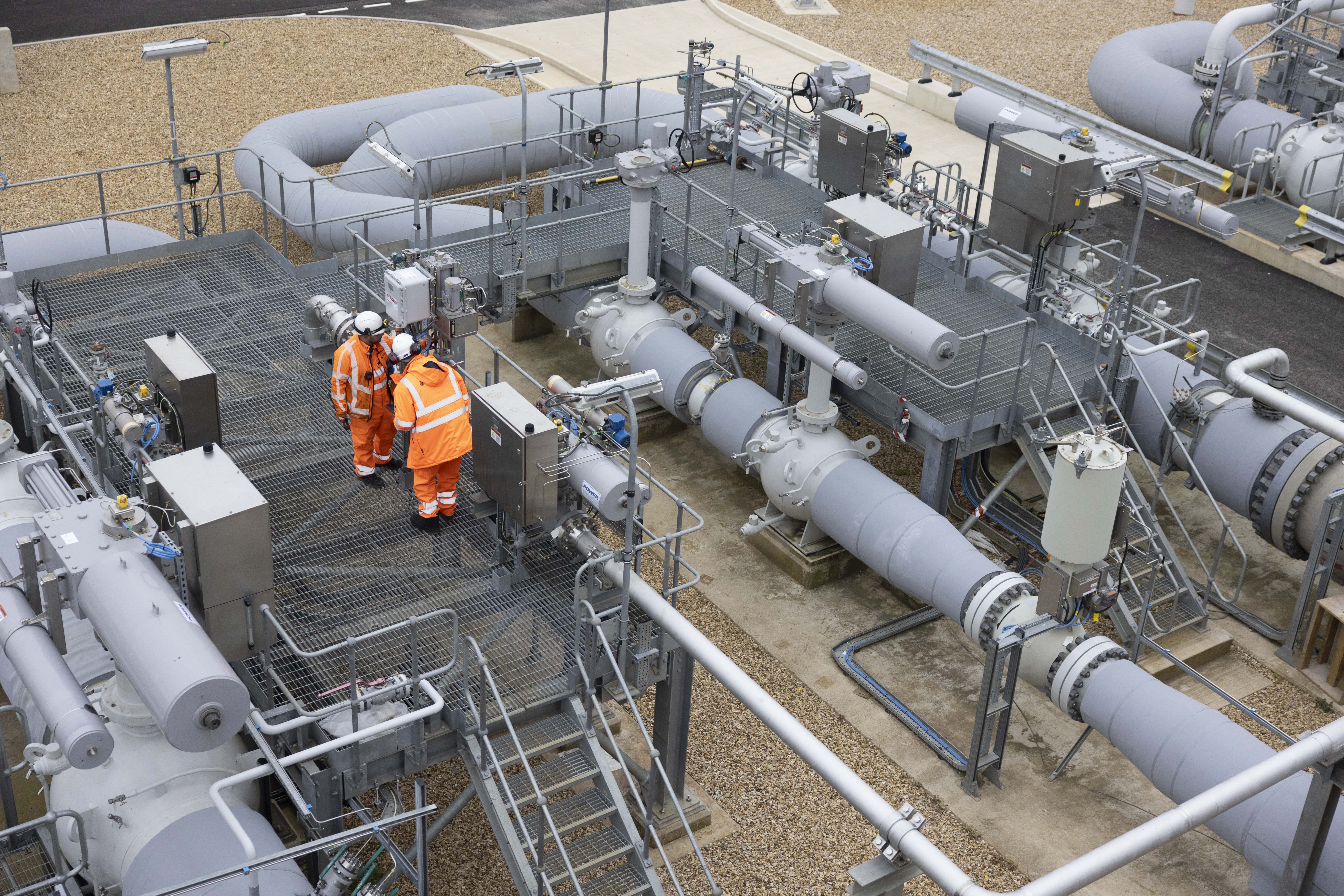National Gas Services - what we do

From planned pipeline inspections and repairs to full replacements and upgrades, National Gas Services is your one-stop shop for all gas pipeline maintenance and fabrication.
Find out more about our services

Emergency response
We operate a 24-hour, 365-day-a-year, emergency response service for pipeline operators. The service is known as CEME (centralised emergency materials and equipment).
Find out more
Inspection services
We assess the condition of gas pipelines and assets UK-wide using a range inspection techniques, including aerial and drone surveys, line walking and remote monitoring.
Find out more
In-line inspections
Our highly experienced in-line inspection team provides inspection services to detect corrosion, damage and defects inside pipelines of all diameters.
Find out more
Under-pressure operations
We have the expertise to safely carry out a range of services on pressurised pipelines, including complete flow stopping for planned and emergency works.
Find out more
Recompression
We use a fleet of mobile gas compressors to de-pressurise pipeline sections for remedial works, and then recompress the gas to pressurise and commission the system.

Mechanical maintenance
Our skilled engineers conduct a full range of mechanical maintenance work on gas pipelines, ensuring the network continues to operate efficiently and cost effectively.
Find out more
Pipeline repairs
Our repair services cover generic and bespoke repairs to both leaking and non-leaking defects on gas pipes of all diameters and materials, across all pressure ranges.
Find out more
Fabrication and welding
Highly skilled welders and fabricators in our depots carry out high-quality welding and complex fabrication on steel pipelines, operating to internationally recognised standards.

Painting, coating and blasting
Our state-of-the-art paint and blast facility provides painting, coating and blasting services for the full array of gas pipeline assets – from the smallest valves to the largest PIG traps.
Find out more
Project delivery
National Gas Services has more than 20 years’ experience of operating and carrying out construction works on gas pipeline projects, acting as contractor or principal contractor.
Find out more
